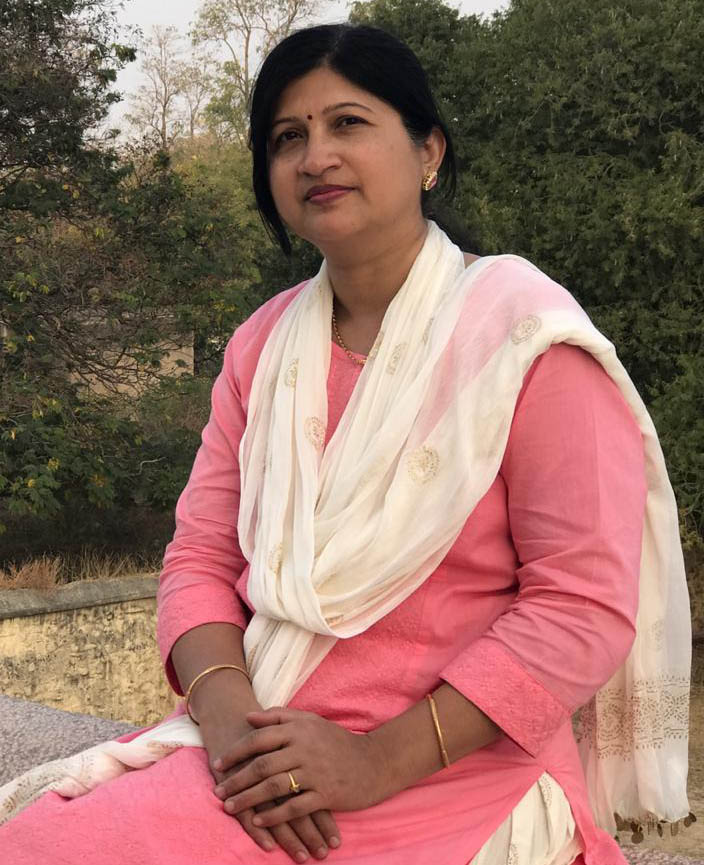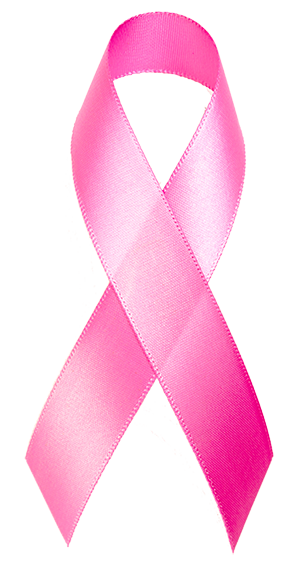Breast Cancer Survivers - Success Stories
Mrs. Sarita Gokhale

It all started in the year 2006 when I happened to notice a Lump in my Breast. A very close friend of mine who is also an anesthetist by profession asked me to contact Dr. Bhole immediately. After initial examinations and FNAC it was confirmed that I had Cancer in my Right Breast. I was devastated.
As hard as it was for me to hear that I had breast cancer, it was also really hard for my doctor to say it. It devastates doctors to tell young people (because let's not forget that breast cancer is not just a women's disease) that it's cancer because, like you, they had desperately hoped it wasn't."
My Husband and child who was just 10 years old at that time consoled me, stood beside me like the rock of Gibraltar motivating me from time to time to undergo the surgery and the chemo and radiation treatment thereafter.
When I got the breast-cancer diagnosis, I learned as much as I could in a short amount of time about what I wanted for surgery and reconstruction. I thought that the more I learned, the better off I would be, but I quickly learned that research results are simply statistics, not an individual guarantee.
After consultations with my Doctor and Husband I finally decided to go for Mastectomy. A hard decision indeed. Losing your breast hurts in ways beyond the physical.
I was surprised at how many people had an experience with a friend, sister, mother, or co-worker having cancer. Unfortunately, they always wanted to tell me things like 'She had stage 1 and died!' or 'She only had six months to live but she's still hanging in there a year later!'
Every cancer, like every person, is different and having your cancer compared to someone else's sucks. Hearing how someone had a 99 percent chance of survival and didn't make it is not what we want to hear right now. Hearing how someone is a 10-year survivor after a terminal diagnosis, while uplifting and inspirational to you, usually is just depressing to someone who's been told they have six months to live.
I was amazed at how many people had ideas about treatments, diets, supplements or other things I 'should' be doing. Any suggestions about what to eat, drink, or do during cancer should be off limits. It's hard enough getting through chemotherapy without having to feel like everyone has an opinion about how you are getting through it.
One should spread the message of positivity and urge cancer patients to not let the disease get the better of them. My support group was my family, my friends and my Doctor. But some people might not have anyone to help them through this tough and lonely battle. I want to tell them that this battle is worth fighting. I also want other people to know early detection really is the key to combating cancer.
Unless you're a breast cancer survivor yourself, there are some things about the disease that you simply can't know or understand. Yet most of us know and love someone who has battled breast cancer, and the more you know about it, the better you can support them.
Stage 0 cancer is still cancer. Be proactive in your exams and health; don't wait to get something checked out.
